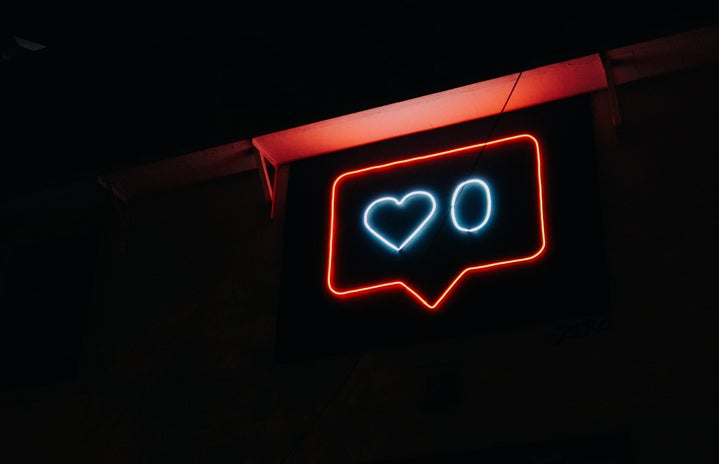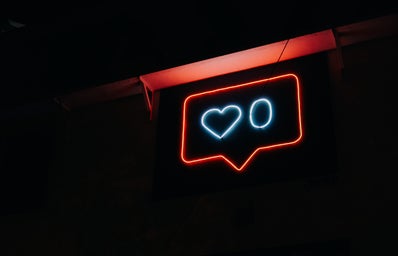By Rachel Adjami.
Instagram gives us a space for self expression, but people can choose to represent themselves truthfully or not. We take many photos and choose happy, skinny, adventurous ones to look “better.” This social phenomena has proven dangerous for the self-esteems of many individuals who avidly use the apps, such as Instagram, Facebook, Twitter, and Snapchat. Instagram “influencers” have also fallen victim to the dangerous trap of wanting to portray the “perfect life” through their profiles. In recent years, some influencers have gone public about the dangers of social media and used their wide reach to help others, especially young women, realize the harmful effects social media can have on one’s self-esteem and mental health.
1. Alexis Ren- In 2013, Ren publicly spoke out about eating disorder she had for the last couple years. Girls were comparing themselves to her wanting to be perfect like her but meanwhile she was judging herself. She felt like she was lying and didn’t think it was fair.
“I would look at my profile and be like, ‘Look at this girl! She has, like, the most perfect life!’ and I would feel so guilty for not feeling blessed all the time,” she said.
“I care too much about what other people think of me as opposed to what I think of me,” Ren said.
2. Essena O’Neil- O’Neil is an Australian teenager with over 612,000 Instagram followers. She excessively checked for the like count and was hungry for social media validation. Then on October 27, 2017, she deleted more than 2,000 pictures “that served no real purpose other than self-promotion,” and dramatically edited the captions to the remaining 96 posts in a bid to to reveal the manipulation, mundanity, and even insecurity behind them.
3. Amalia Ullman- Ulman created a three-part performance work that explored how women present themselves online. Entitled Excellences & Perfections, the project saw Ulman take on the roles of ‘cute girl’, ‘sugar baby’ and ‘life goddess’. At the heart of the work is the relationship between online and offline identity.
Her project highlight what she calls a “glitch” in social media: the gap between how we live our lives and present them online. She also explores how profiles are always “performative,” and not representative of an individual’s actual life.
It is important for social media users to understand that the way we portray ourselves on Instagram is often positively skewed. People are constructing identities online, which speaks to one dangerous aspect of our current culture; the want for other people to view us as worthy and for us to have this idea of worth about ourselves.
Sources:
- Foucault, M. (1997) Discipline and Punishment. Vintage Books, New York: 1995. 202-203
- Hogan, B. (2010). The presentation of self in the age of social media: Distinguishing performances and exhibitions online. Bulletin of Science, Technology & Society. 30(6), 377-386.
- Hunt, E. (2015). Essena O’Neill quits Instagram claiming social media ‘is not real life’. [online] the Guardian. [Accessed 20 Nov. 2017].
- Kinsey, C. (2016). The Instagram artist who fooled thousands. [online] BBC. [Accessed 20 Nov. 2017].



